8 reasons why cars 'eat gas' abnormally
(Baonghean.vn) - After a period of use, cars may have problems that lead to abnormal fuel consumption. With this condition,Drivers need to "diagnose the problem correctly" to fix it promptly.
1. Poor engine thermostat
The thermostatic valve helps control the engine temperature, it keeps the engine warm during cold starts. This device is located on the pipe connected to the radiator. At low engine temperatures, the valve closes, water only circulates inside the engine. When the temperature reaches 85 - 95 degrees Celsius, the valve opens to let water through the radiator to cool.
If the thermostat does not close tightly, it slows down the engine heating process, so it needs more fuel.
A simple test is to place your hand on the water pipe leading to the radiator immediately after starting the engine. If you feel water flowing inside, it means the thermostat is broken.
Sometimes it also arises due to dirty injectors, open intake manifold, low injection pressure or loss of pressure in one of the cylinders.
2. Low coolant
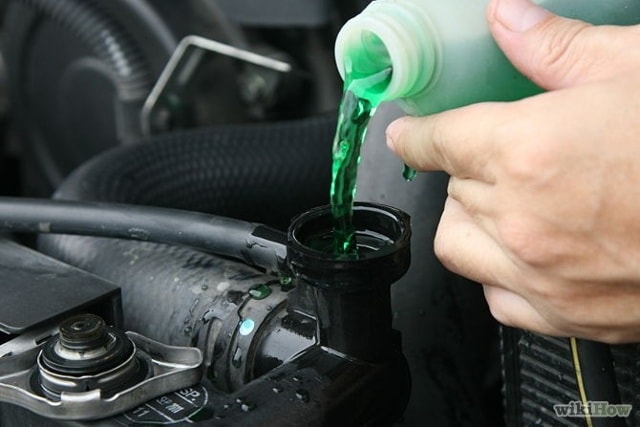 |
The coolant temperature sensor is mounted on the side of the engine, in direct contact with the coolant and is made up of resistors. When the sensor is faulty, it will give a lower error result than the actual temperature.
Therefore, the ECU records that the engine is cold even though the engine is actually hot, so the amount of fuel injected into the engine will be more than normal. If this condition persists, it will waste fuel for the vehicle.
Drivers should check the coolant temperature sensor regularly. If the temperature is 85 - 90 degrees Celsius, the sensor is working properly. On the contrary, if the result deviates from the above threshold, the sensor is likely damaged; it needs to be checked and repaired as soon as possible.
3. Clogged drain
Any obstruction in the exhaust system increases exhaust pressure, thereby increasing fuel consumption.
If the cause of the exhaust blockage is due to the pipe being distorted or folded due to a collision, it is necessary to restore its original state. In the case of a clogged catalytic converter, it is necessary to use a tool to check the pressure difference between the intake and exhaust pipes at idle. If this difference decreases, it means that the catalytic converter is clogged.
4. Low tire pressure
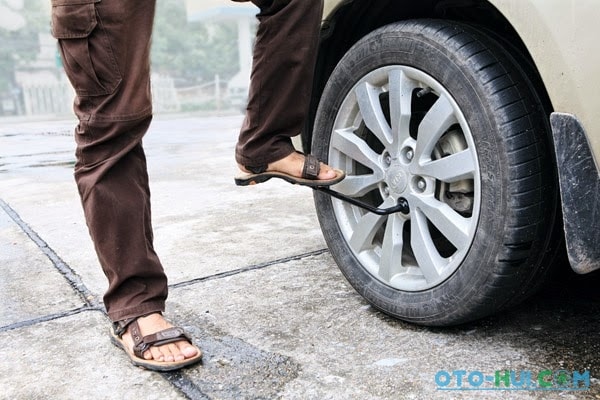 |
Maintaining stable tire pressure and suitable for weather conditions is one of the top tips for drivers.
In case the tire pressure is too low, the tire will wear out on both sides because it only contacts the road surface with two sides of the tire, which will lead to increased fuel consumption due to high rolling resistance. According to estimates, if the tire pressure is below standard by about 3PSI (1kg/cm2 = 14.22 PSI), the car will consume 1-2% more fuel. In addition, low tire pressure also reduces the tire's lifespan by 10-15%.
5. Using the wrong lubricant
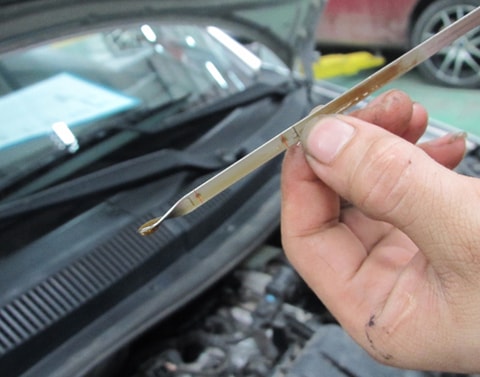 |
Normally, current car models use 5W-20 or 5W-30 viscosity lubricants. However, there are some cases where 0W-20 viscosity lubricants can be used. Using low viscosity oil helps save fuel, especially in cold weather conditions.
But drivers need to pay attention, if using the wrong type of oil, it will make the car consume a lot of gas.
6. Long time no change of engine oil
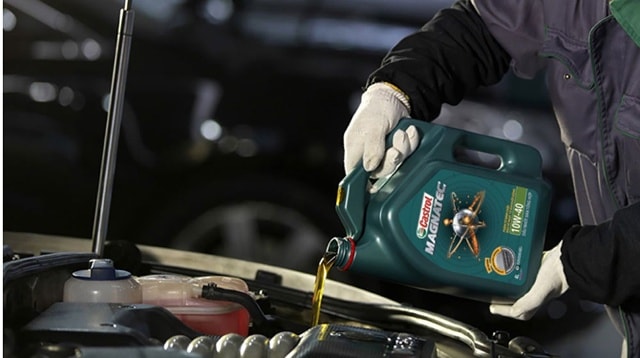 |
When you accidentally “missed” the appointment to change the engine oil for a long time, the lubricating ability of the oil is no longer effective, thus leading to greater friction when the engine is running and making the machine hotter. Therefore, your car will “consume” much more gasoline than normal.
7. Dirty engine air filter
Similar to the above causes, dirty engine air filters also hinder engine operation, thereby significantly increasing the vehicle's fuel consumption.
8. Brake lock, handbrake jam
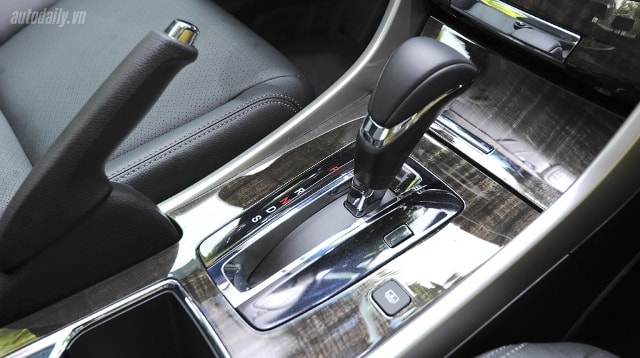 |
Locked brakes or incomplete handbrake (parking brake) can also cause your car to consume a lot of gas.
In addition to technical reasons for the vehicle, bad habits of the driver also affect the vehicle's fuel consumption, such as: sudden acceleration and deceleration causing fuel consumption 4-5 times, carrying too heavy loads on the vehicle, not turning off devices when not needed, forgetting to turn off the air conditioner when using natural air...
Ngoc Anh
(Synthetic)
| RELATED NEWS |
|---|

